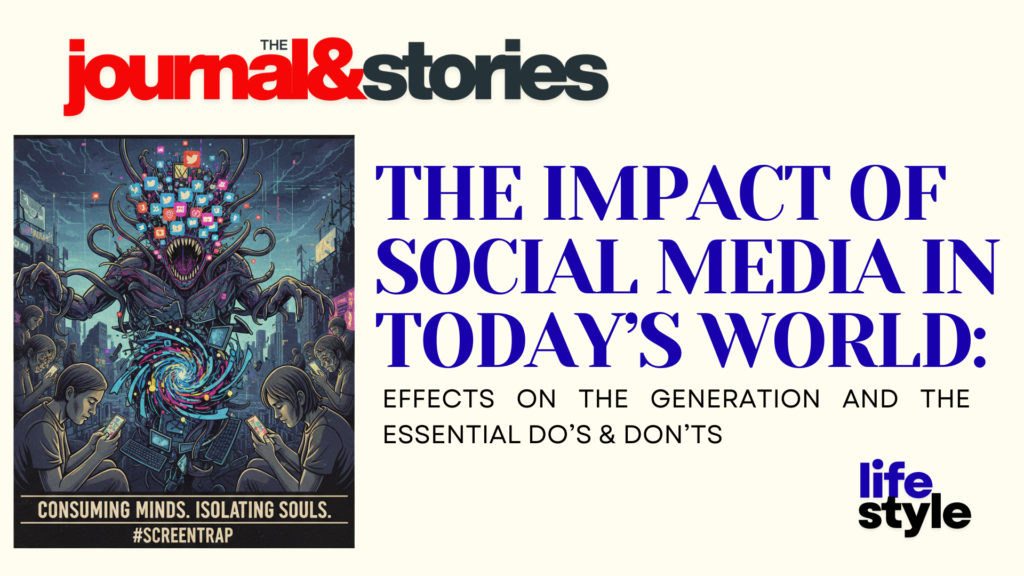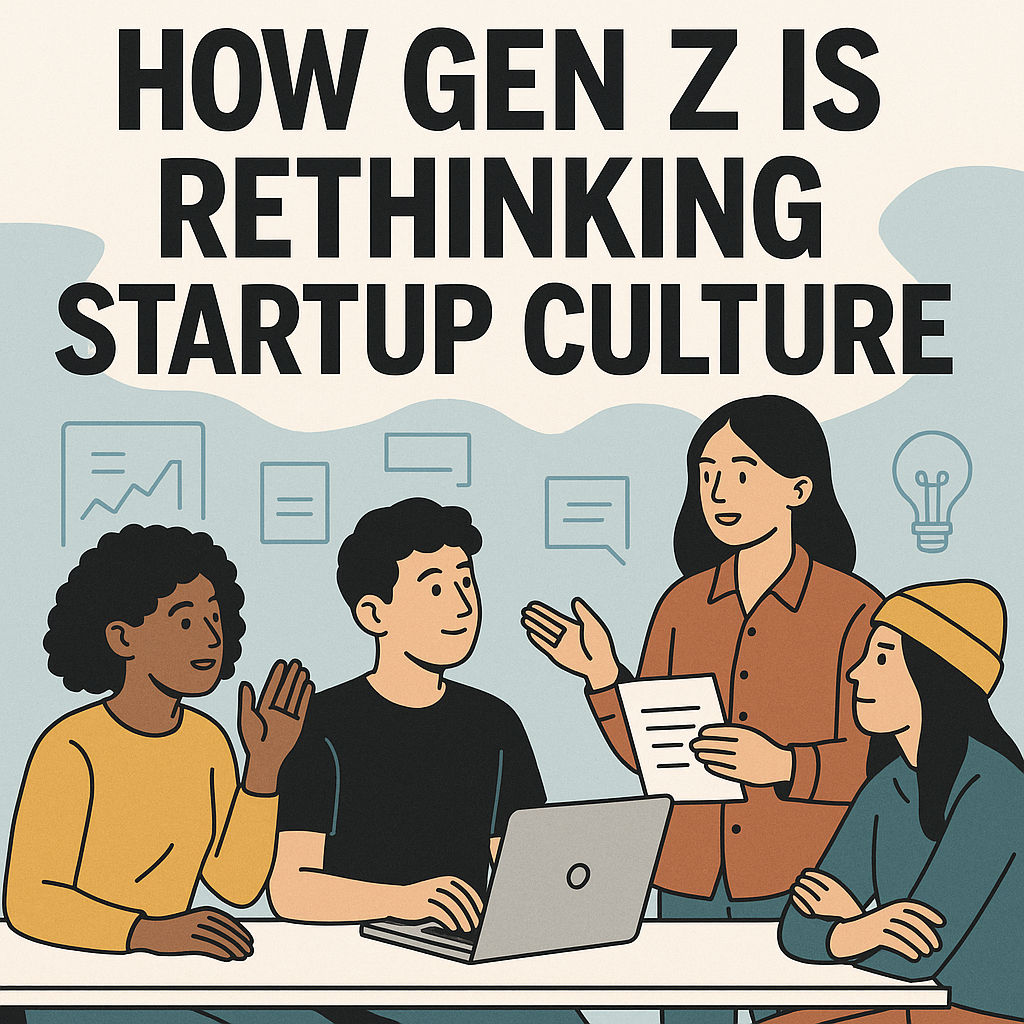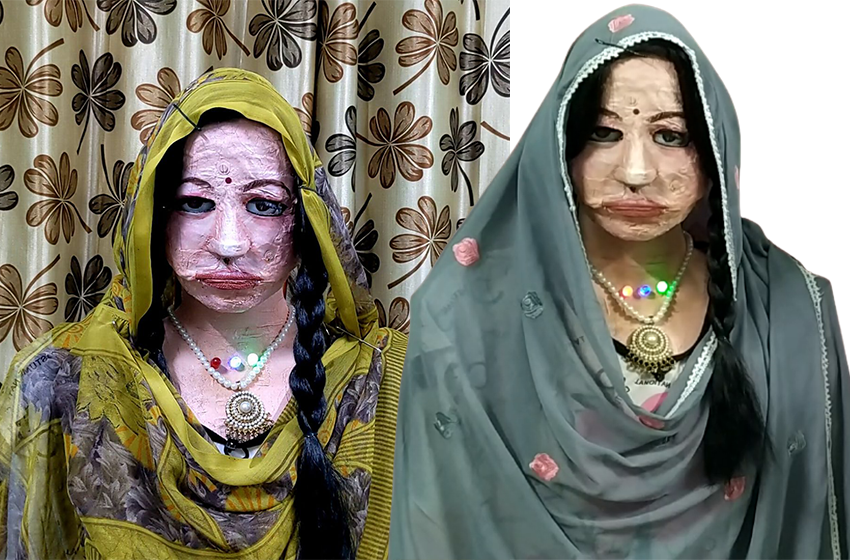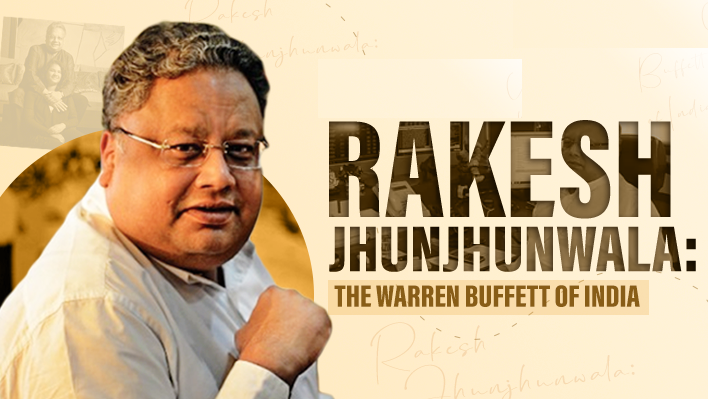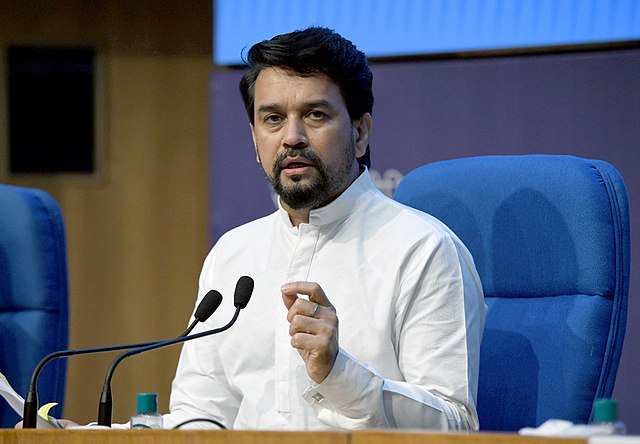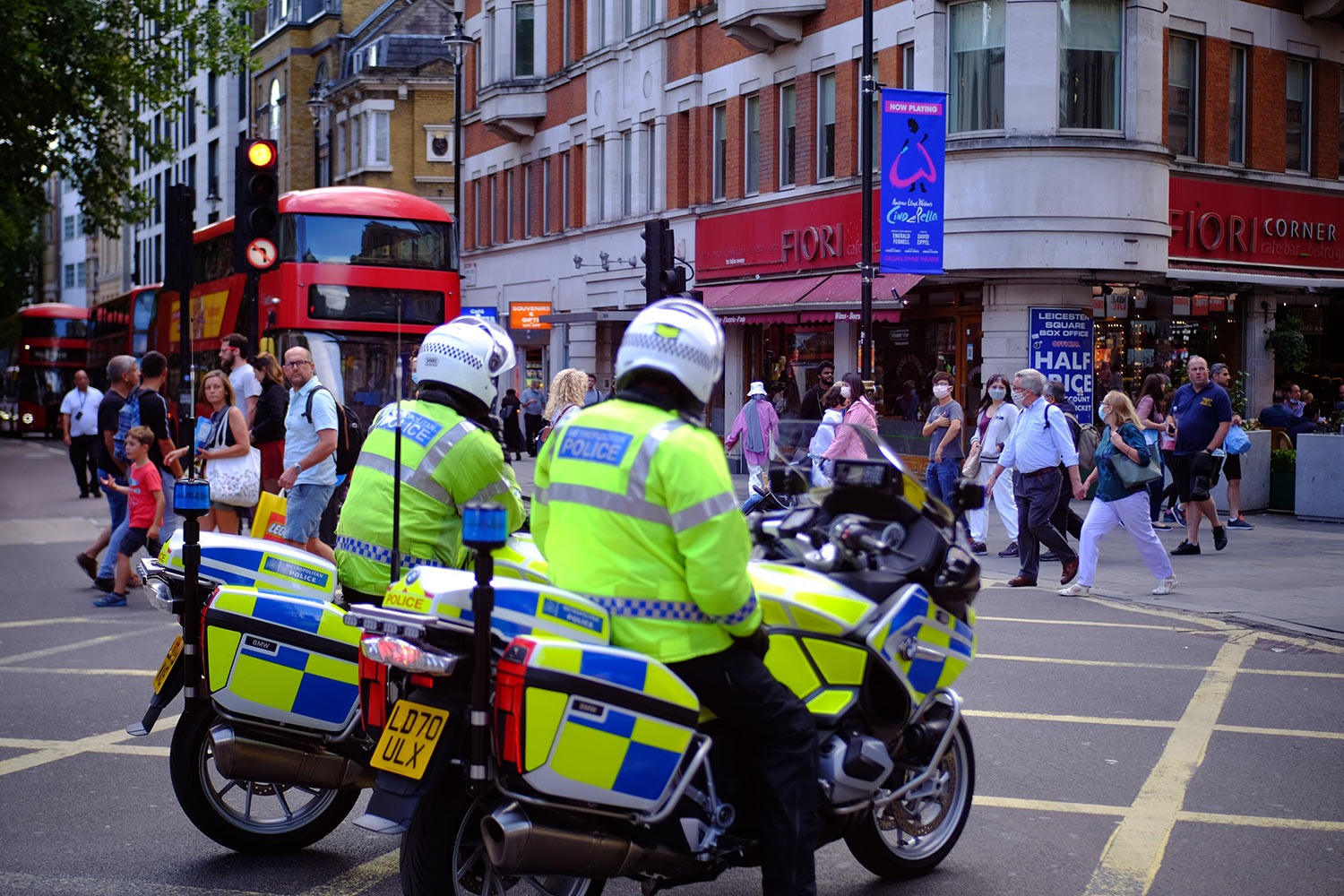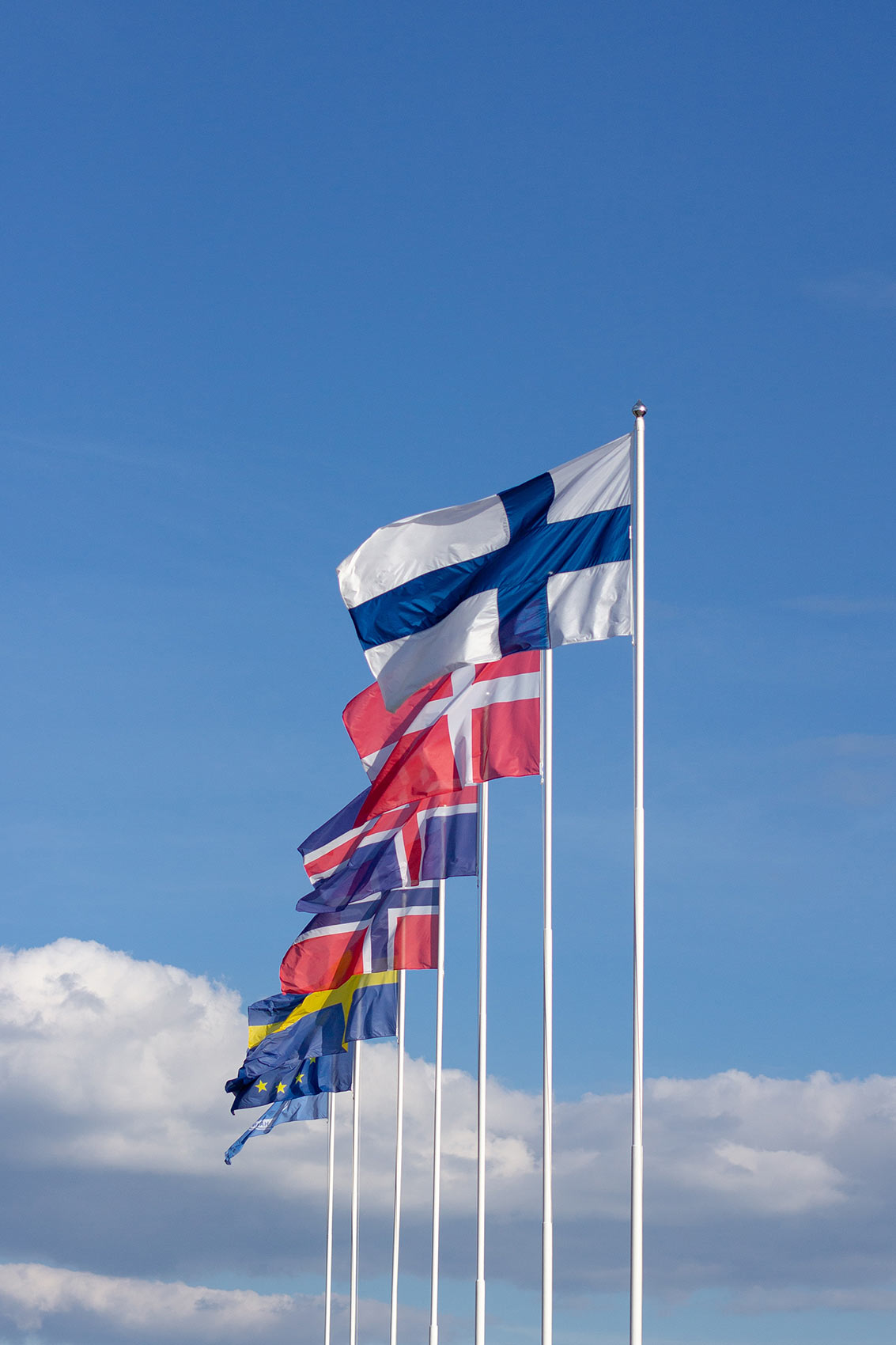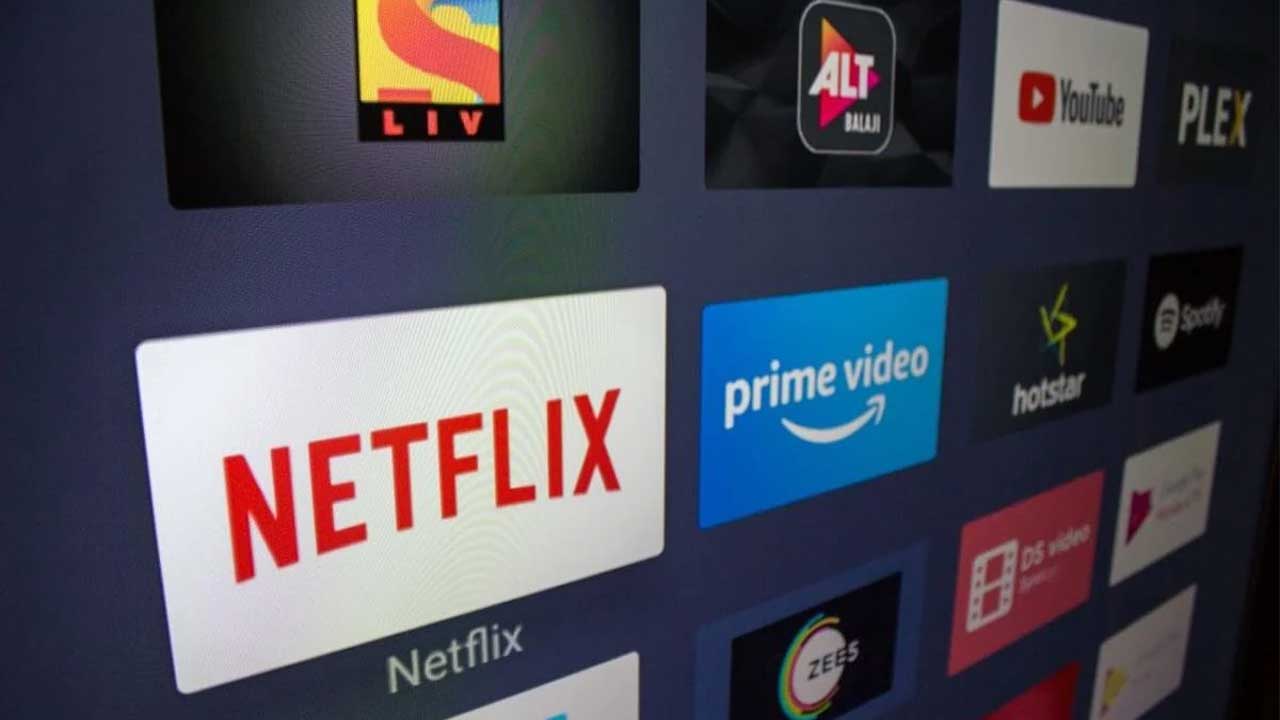Mental Well-being is Widespread, No One Talks About.


- In spite of developing mindfulness, mental well-being discussions remain unthinkable in numerous parts of the world.
- According to the World Wellbeing Organization, the prevalence of uneasiness and misery rose by a stunning 25% during the primary year of the widespread alone.
- According to the Lancet Commission on Worldwide Mental Wellbeing, mental well-being conditions seem to take a toll on the worldwide economy by $16 trillion by 2030.
Within the repercussions of the COVID-19 emergency, another quiet widespread has taken hold—one that doesn’t make headlines or trigger crisis lockdowns but is, similarly, in case not more, destroying: the mental well-being. Whereas physical well-being information is evaluated, analyzed, and acted upon, the mental toll remains generally imperceptible, cloaked in disgrace, underfunded approaches, and a worldwide culture that still battles to prioritize emotional well-being.

An Emergency Brewing in Hush:
Long ago, the infection struck, and mental well-being was now a worldwide concern. Discouragement, uneasiness, disarranges, and suicide rates were rising consistently among age groups. But the occasions of later years—from the worldwide shutdowns and work misfortunes to segregation and advanced fatigue—have acted as accelerants. According to the World Wellbeing Organization, the prevalence of uneasiness and misery rose by a stunning 25% during the primary year of the widespread alone.
This emergency, in any case, isn’t about the numbers. It’s around the normalization of burnout, the glamorization of hustle culture, and the tireless conviction that looking for assistance could be a sign of shortcoming. The genuine widespread is the collective quiet around mental suffering—a scourge of enthusiastic concealment that cuts over boundaries of topography, sex, lesson, and calling.
Why No One Talks About It:
In spite of developing mindfulness, mental well-being discussions remain unthinkable in numerous parts of the world. In corporate situations, conceding to uneasiness or passionate depletion may be seen as ineptitude. In communities established in conventional values, mental well-being is regularly compared with franticness, something to be concealed or implored absent.
The issue is exacerbated by a need for mental well-being proficiency. Numerous individuals don’t indeed recognize the indications of passionate trouble, chalking it up to sluggishness, individual disappointment, or mood swings. Moreover, whereas physical sicknesses request attention—broken bones or fevers are obvious and measurable—mental wounds are inner, frequently suppressed with expressions like “get over it” or “stay positive.”
The Covered-up Costs:
The financial cost of untreated mental illness is colossal. According to the Lancet Commission on Worldwide Mental Wellbeing, mental well-being conditions seem to take a toll on the worldwide economy by $16 trillion by 2030. But the human fetch is remote and more significant. Broken families, substance abuse, household violence, and diminished life hope all follow back to untreated mental well-being conditions.
In addition, marginalized groups—women, LGBTQ+ people, outcasts, and the financially disadvantaged—are excessively influenced. For them, mental well-being issues are compounded by systemic disparities, making getting to care indeed more troublesome.
The Part of Innovation:
Amusingly, the exceptional instruments planned to put through us—social media, smartphones, and inaccessible work platforms—have also played a part in extending the emergency. Whereas they’ve empowered communication amid lockdowns, they’ve also driven to expanded screen time, disturbed rest cycles, cyberbullying, and the consistent comparison trap that fills uneasiness and moo self-worth.
The “always-on” culture encouraged by innovation has obscured boundaries between work and rest, leaving little space for mental recuperation. Add to this the weight of idealizing online lives, and you have an era tormented by performance anxiety and fake disorder.
An Unused Worldview is Required:
Tending to this imperceptible widespread requires a multi-pronged approach. To begin with, and first, is normalizing mental wellbeing discussions. Fair as we educate to begin with, help for physical wounds, and passionate proficiency ought to be inserted in schools, working environments, and community programs. Mental well-being days ought to be as satisfactory as debilitated days. Leaders—political, corporate, and cultural—must demonstrate powerlessness by sharing their claim.
Moment, speculation in the mental wellbeing foundation must increase. This incorporates preparing more clinicians, counselors, and social specialists, particularly in underserved regions. Teletherapy and mental well-being apps have appeared to guarantee, but they must be sponsored by moral honesty and information security benchmarks.
Third, an open approach must advance to coordinate mental well-being into each perspective of life, from housing and education to urban planning and human rights. Community-based models that consolidate inborn mending, peer support, and social support can offer assistance to bridge the crevice between cutting-edge brain research and local services.


The Way Forward:
Mental well-being cannot be “cured” overnight. It’s a generational challenge that requires compassion, advancement, and supported activity. But it begins with affirmation. We must be willing to talk—not in whispers, but out loud—about what it implies to live in a world that frequently feels overpowering.
In the words of creator Matt Haig, “Mental well-being problems don’t characterize who you are. They are something you encounter. You walk within the rain and you’re feeling the rain, but you’re not the rain.” It’s time we halt strolling within the rain alone and begin building covers of understanding, bolster, and collective care.

































